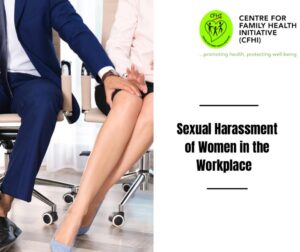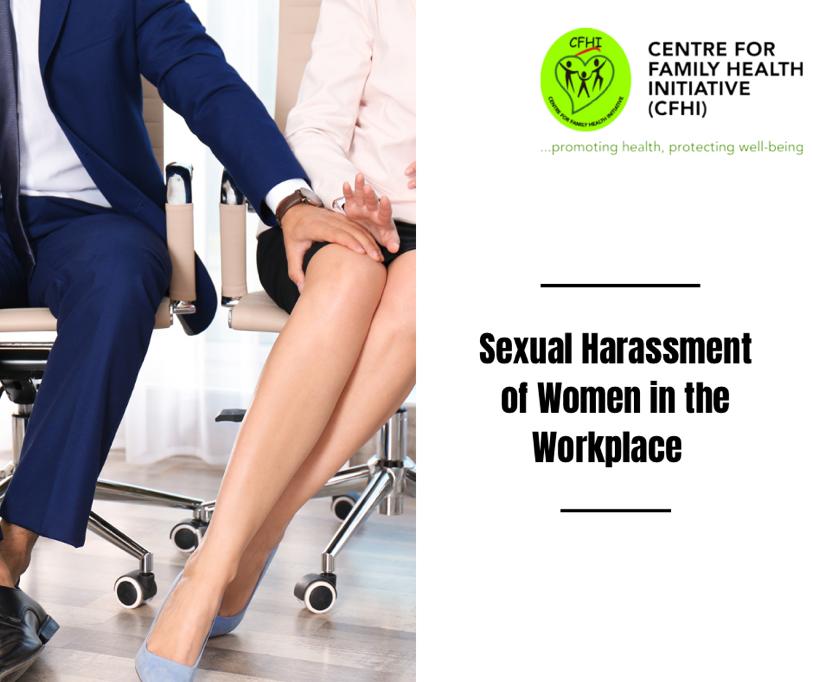The Violence Against Persons Prohibition Act, 2015 (VAPP Act) in Section 24 defines sexual harassment as an unwanted conduct of a sexual nature or other conduct based on sex or gender which is persistent, serious and demeans, humiliates or creates a hostile or intimidating environment and this may include physical, verbal or non-verbal conduct.
Sexual harassment in the workplace is a common problem, with women being the primary victims. This could be because of societal standards and gender stereotypes that portray women as weaker, more emotional, and subservient. These misconceptions can contribute to a workplace atmosphere in which men believe they have the right to harass women without consequence. This attitude of entitlement can also be fuelled by workplace power dynamics, such as a male supervisor or co-worker who has greater seniority than a female employee. Power dynamics, physical appearance, and a lack of repercussions for offenders are also contributing factors.
Sexual harassment can take many forms, including unwanted sexual advances, comments, gestures, or physical contact. A male co-worker, for example, may make improper comments regarding a female colleague’s attractiveness or make sexually suggestive remarks. Alternatively, a female employee may be subjected to unwanted touching or advances from her male supervisor. These behaviours can create an uncomfortable and threatening work environment for the victim, leading to lower productivity, job satisfaction, and even mental health issues.
Employers must take a proactive approach to prevent and eliminate sexual harassment in the workplace. One of the most critical measures is to develop clear policies and procedures that ban sexual harassment and outline a process for reporting and dealing with it. For example, the National Industrial Court in the case of Ejike Maduka vs Microsoft stated that an employer can be held vicariously liable for the sexual harassment committed by its employees. There is a duty on employers to have a policy on sexual harassment and to investigate cases in line with the policy where they are reported.
In summary, sexual harassment of women at work is a major problem with substantial implications for victims. Employers must take a proactive approach to prevent and eliminate sexual harassment by developing clear policies and processes, providing training, fostering open communication, and responding quickly and appropriately to all accusations of sexual harassment. Employers, co-workers, and victims can work together to create a safe and respectful workplace where all employees can succeed.
Speak Wednesday is an initiative of CFHI to address issues around gender-based violence and gender bias.
#SpeakWednesday #SexualHarassment #MeToo #WomensRights #HumanRights #GenderStereotype #GenderBias


